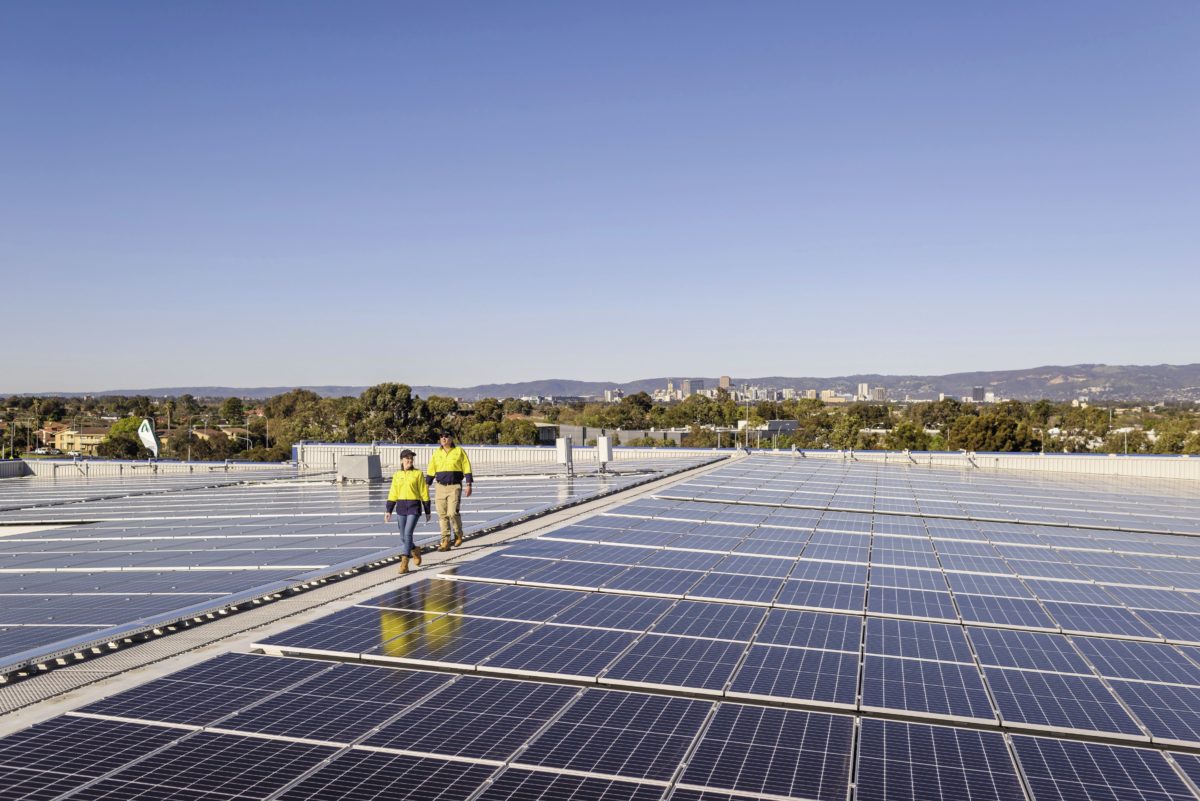The International Renewable Energy Agency (IRENA) and the International Labor Organization (ILO) have produced their latest snapshot of the world's clean energy employment market.
Photovoltaics has been the world's biggest renewables employer every year since 2016, accounting for 4.29 million of the world's 12.7 million clean energy jobs in 2021. Labor costs, which account for just 8% of the total cost of manufacturing solar panels in China, saw the world's solar superpower host almost 2.7 million solar jobs in 2021, up from 2.3 million in 2020.
The IRENA-ILO report estimates that 1.6 million Chinese solar jobs are in the manufacturing segment, while 1 million are related to construction and PV deployment. Around 100,000 are devoted to operation and maintenance (O&M).
The United States, where labor costs make up around 22% of panel costs, had the next biggest solar jobs market, with around 250,000 positions in 2021, up 9% year on year. Two-thirds of those jobs were in installation and deployment, 13% in manufacturing, 11% in trade and distribution, and 5% in O&M and other roles.
India, which imported 75% of its solar panels last year, had around 137,000 grid-connected solar jobs, up 47% from 2020. Another 80,000 jobs are supported by off-grid installations, according to IRENA. Those figures came despite Indian factories operating only 57% of their 7.2 GW annual solar cell manufacturing capacity and only 38% of their 4.5 GW of module production lines.
Japan had the world's fourth-biggest solar workforce in 2021, with 152,000 roles.
Germany's 51,300-strong solar workforce in 2021 helped to push European Union member states to 235,000 solar jobs, with the help of 31,500 roles in Spain. If one includes nations such as Turkey, which had 21,000 solar jobs in 2021, the total European figure rises to 292,000.
The dearth of solar jobs in Africa – excepting the 63,291 construction jobs supported by South Africa's national solar program in the third quarter of last year – was represented by the fact that the IRENA-ILO number-crunchers broke down roles by pan-African pay-as-you-go solar companies, rather than by country. Nairobi-based M-Kopa employed more than 1,000 people to sell its products last year, plus more than 7,000 more working on commission. London-based Bboxx had a workforce of more than 1,000. And in Nigeria, around 49,600 people worked in the small-scale clean energy sector in 2021, the study added.
This content is protected by copyright and may not be reused. If you want to cooperate with us and would like to reuse some of our content, please contact: editors@pv-magazine.com.




2 comments
By submitting this form you agree to pv magazine using your data for the purposes of publishing your comment.
Your personal data will only be disclosed or otherwise transmitted to third parties for the purposes of spam filtering or if this is necessary for technical maintenance of the website. Any other transfer to third parties will not take place unless this is justified on the basis of applicable data protection regulations or if pv magazine is legally obliged to do so.
You may revoke this consent at any time with effect for the future, in which case your personal data will be deleted immediately. Otherwise, your data will be deleted if pv magazine has processed your request or the purpose of data storage is fulfilled.
Further information on data privacy can be found in our Data Protection Policy.